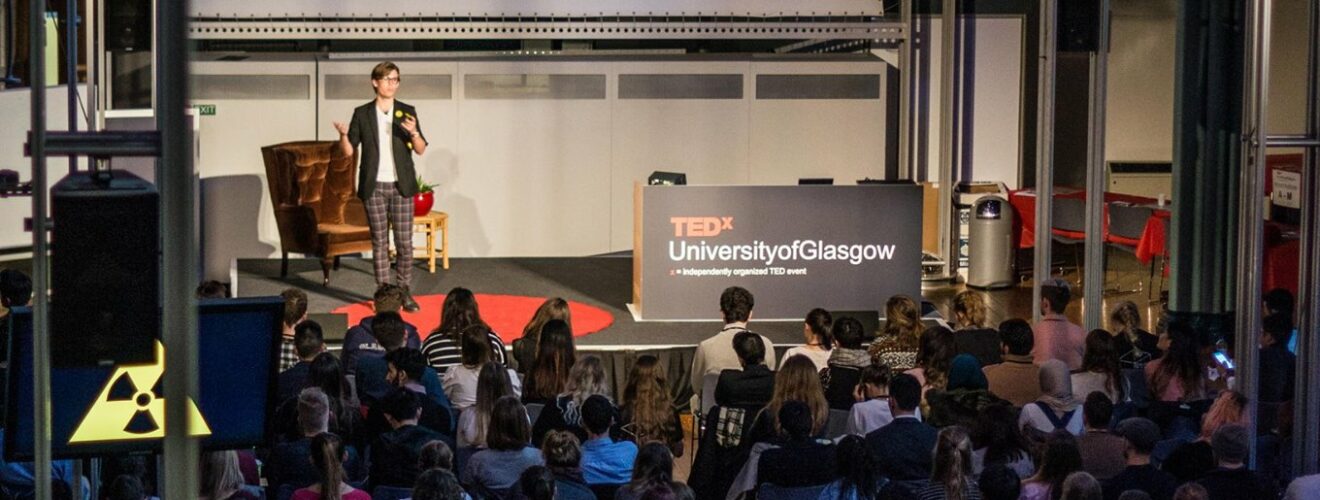Science, Communication, and the 21st Century

Outreach. Engagement. Science communication. These are key issues that are facing us all, regardless of what we are studying. Student-led initiatives like TheGIST play an important role in allowing students and academics to communicate their ideas to the wider community. However, these are few and far between. In today’s society, the polarisation between the world of ‘academic knowledge’ and the real world is great and growing.
Many issues of global importance requiring resolution have fallen into the grips of narratives of black and white, and fact vs. fiction. The debates surrounding genetically modified organisms (GMOs), climate change and nuclear power all bear the hallmarks of this polarisation.
In a world where millions are starving to death, where entire countries are at threat of being submerged thanks to anthropogenic climate change, and where more than a billion people do not have access to electricity, these polarisations drive the inequality. When the President of the United States of America questions the reality of man-made climate change, drawing thousands of retweets and wall-to-wall news coverage, what hope do scientists have of getting the truth to the public?
In my recent TEDxUniversityofGlasgow conference speech, I concluded that we live in an environmentally unsustainable and socially unjust world. My political sciences degree from the University of Glasgow, on paper, should have equipped me with the skill sets to begin to address these issues, however, there is a failure at the University in making links between the world of theory and the world of practice.
For me this became painfully evident when I worked on environmental and energy issues in the Scottish and European Parliaments, where my degree became little more than a napkin. The feeling of having spent four years on a degree that barely prepared me to make a change on the issues I am most passionate about was disheartening. However, I am far from the only student to have had this experience.
Many universities around the UK fail to acknowledge the importance of science communication and outreach, regardless of whether you study issues within the natural or social sciences or indeed, the humanities. The University of Glasgow, my alma mater, is no exception to the rule.
In a world of ‘alternative facts’, universities and their student-bodies have a moral imperative to act. The widening gulf between academia and politics means scientific (in its broadest sense) outreach, engagement and communication are more important than ever. The status quo is failing not only our generation, but generations to come.
We need a new approach to the way we see education. We need to dare to challenge the status quo of university degrees. It should be less about ticking the boxes and learning things for the sake of it, and more about the way we can use our knowledge to the service of society. For natural/medical sciences and engineering, a focus must be on how to reach non-scientific audiences. I have met with countless scientists in political settings, who have excellent ideas but no idea how to communicate them to politicians, with the politicians seeing scientists as nothing more than ivory-towered boffins with no idea of how the world functions. This is a dangerous path, and our university system is entrenching this disconnect.
As I am gearing up for the Rectorial elections at the University of Glasgow next week, I am shamelessly proud of my proposed Rectorial Engagement Fund. This Fund has but one explicit purpose – taking the brightest ideas out of the university environment and into the wider community. It should never be a question of your financial background, just a matter of having the passion to change the world around you. It is a small step towards addressing the many problems we face, but as Rector, I will ensure to campaign for a radically different approach to science communication!
This article was specialist edited by Derek Connor and copy edited by Kim Wood










